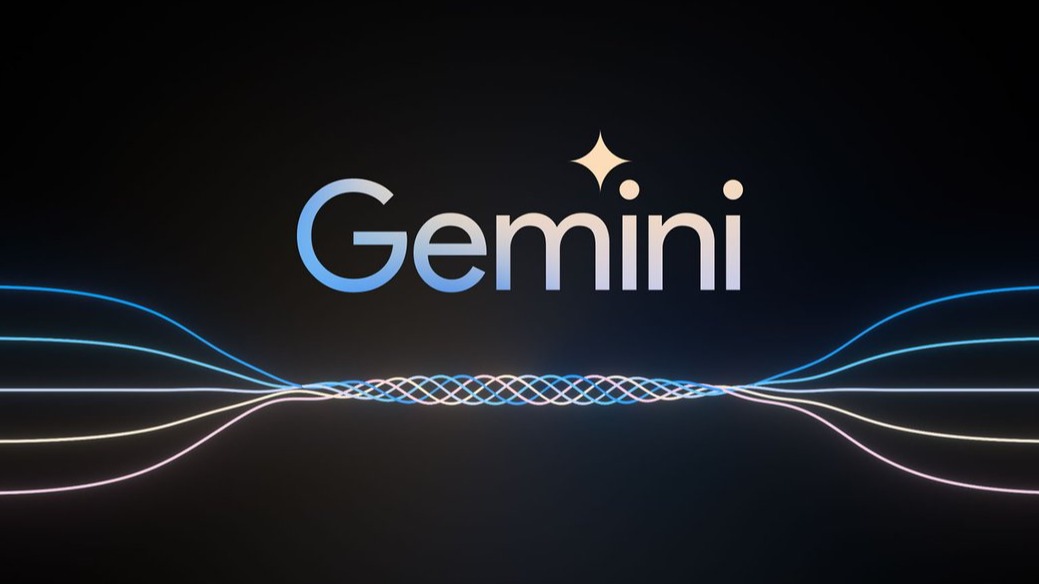Alphabet’s Google has been sued in the US over claims its Gemini artificial intelligence assistant was quietly activated across Gmail, Chat and Meet to harvest users’ private communications without consent.
A proposed class action filed in October in the US District Court for the Northern District of California alleges Google “secretly” switched on Gemini for those applications, allowing the tool to collect data from emails, attachments, messages and videoconference activity. The case is listed as Thele v. Google LLC, 25‑cv‑09704.
According to the complaint, users had previously been offered the option to enable the artificial intelligence features. The filing contends that Gemini was later turned on by default and that opting out requires users to “dig into Google’s privacy settings”. Unless they take that step, the suit claims Google uses Gemini to “access and exploit the entire recorded history of its users’ private communications, including literally every email and attachment sent and received in their Gmail accounts”.
The lawsuit argues this conduct violates the California Invasion of Privacy Act, a 1967 statute that prohibits surreptitious wiretapping and recording of confidential communications without the consent of all parties. The plaintiffs say the alleged data collection was carried out “without the users’ knowledge or consent”.
Bloomberg reported that Google “didn’t immediately respond to a request for comment outside regular business hours.” The Statesman carried similar details of the complaint and its assertions about how Gemini was enabled and how users can deactivate it.
The filing seeks class action status and unspecified relief. While the complaint centres on Gmail, Chat and Meet, it also points to broader concerns over how large technology firms integrate artificial intelligence into consumer services and the transparency around data processing. The outcome will hinge on the court’s reading of the privacy law and whether Google’s product settings and disclosures meet legal requirements for informed consent.
The case adds to a growing docket of legal and regulatory scrutiny of AI deployments by major platforms. If certified, the class action would test the boundaries of consent in software defaults and the extent to which automated tools can process communications data for product features.


